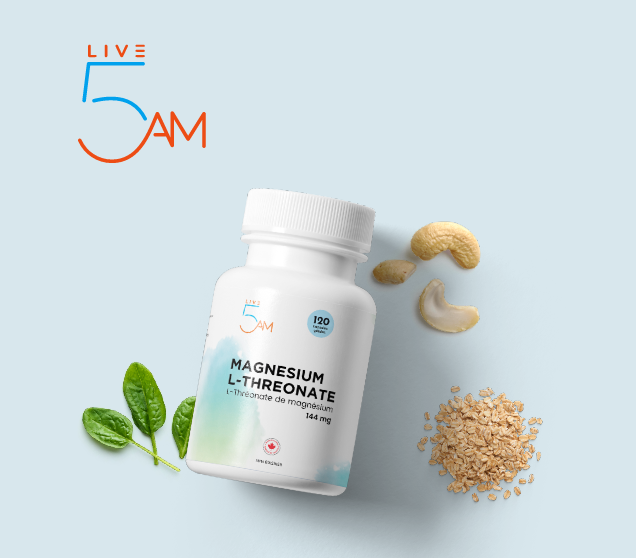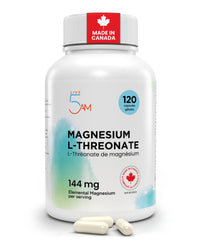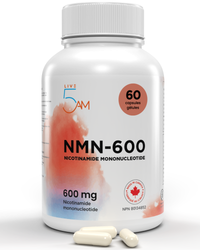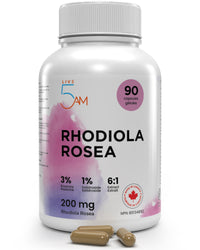When You're Calm on Paper, But Not in Reality
You've seen it everywhere, Ashwagandha lattes, "stress gummies," calm blends in sleek jars. It sounds promising, natural and Harmless. But between your multivitamin, magnesium, and sleep tea, another supplement feels like, noise.
So here's the honest question:
"Do you actually need Ashwagandha, or is it just the internet's latest calm pill?"
What Ashwagandha Really Is
Ashwagandha isn't magic dust or instant zen; it's an adaptogen, a plant extract that helps your body adapt to daily stress, instead of collapsing under it. Its key compounds, withanolides, interact with your body's stress axis (the HPA axis), teaching it to respond, not overreact.
Research shows it can:
- Support balanced cortisol (the hormone that spikes under chronic stress).
- Improve sleep quality, especially when stress disrupts rest.
- Sharpen focus and mental energy during fatigue.
- Aid physical recovery, reducing inflammation and muscle soreness.
So, not hype, but also not instant calm. It's training for your stress response.
The "Quiet Stress" Most of Us Miss
Take Elena, a designer who never stopped moving mentally or physically. Her watch said her sleep was "fine," but she woke up foggy. Her workouts were solid, but she felt depleted.
She didn't need a sedative. She needed her system to stop running like a browser with 47 tabs open.
That's where Ashwagandha quietly fits in. It doesn't mute your stress; it makes your capacity for stress bigger.
Who It's Really For
Ashwagandha tends to help most if you're:
- Tired but wired; mentally exhausted, not physically.
- Always "on," even during rest.
- Waking up anxious, not refreshed.
- Sensitive to caffeine or mood swings.
In other words, if your stress lives in your body, not just your thoughts, Ashwagandha may help you reset that baseline.
And Who Should Probably Skip It
Skip (or talk to your doctor first) if you're:
- Pregnant or breastfeeding.
- On thyroid medication.
- Already using hormone-balancing or cortisol-lowering supplements.
It's natural, but not neutral. Know your baseline before layering it in.
The Right Way to Take It
Ashwagandha works slowly, and only if the foundation is solid.
To make it work for you:
- Be consistent: take it daily, at the same time, for 4–6 weeks.
- Pair it with rhythm: stable sleep/wake times help its effect.
- Support with nutrition: magnesium, protein, and B vitamins amplify its benefits.
- Choose quality: standardized extract (≥5% withanolides), lab-tested for purity and heavy metals.
At Live 5AM, our adaptogenic blends are built around tested, traceable, and transparent sourcing, because your calm shouldn't come from guesswork.
The Real Takeaway: It's Not About "Needing" Ashwagandha; it's About Knowing When You're at Capacity
You might not need another supplement, but if your body's stress dial is constantly turned up, you might need support that goes deeper than rest. Ashwagandha isn't about fixing stress, it's about strengthening your system's ability to bounce back.
That's where resilience starts.







